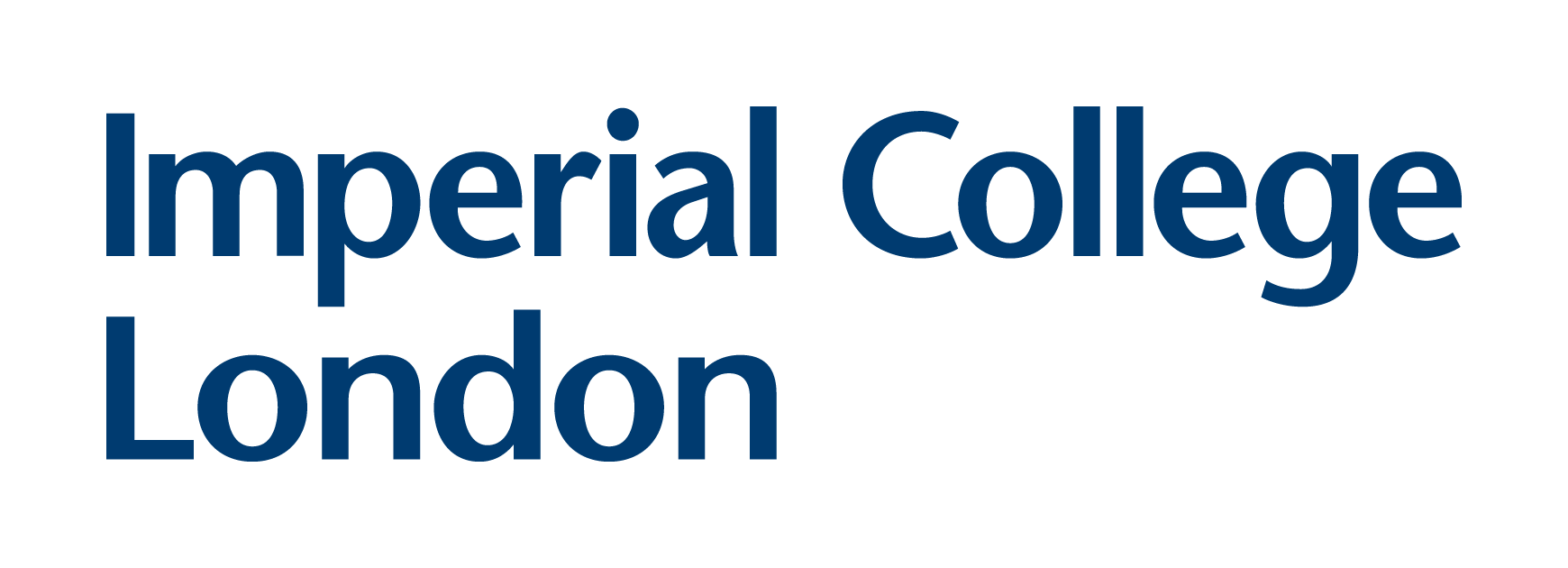Purpose: This module is intended to help bridge the gap between university teaching and industrial software engineering practice. We do this by exploring a different topic each week, doing some of our own research and practical work, and inviting expert guest speakers to join us and share their knowledge and experience. This is not a module about building and programming but rather gathering information, analysing and understanding a situation, and thinking through the complex technical and socio-economic tradeoffs that characterise industrial software engineering.
People:
- Matt Green course leader
- Eoin Woods course leader
- David Loughlin teaching assistant
- Otto White teaching assistant
Weekly Schedule
- Class time in person on Fridays 11:00-13:00 in Huxley 342. You are expected to attend all of the classes.
- Tutorial sessions are on Tuesday morning from 09:00 to 11:00 in Huxley 342. Matt Green and Eoin Woods will usually both be in the session. Occasionally one of us will be absent due to business travel or other commitments. David and Otto may join the session some weeks too. The aim of the tutorial sessions is to provide time when you can talk to the course team to ask questions about the course, and particularly the coursework, and you can use this time to progress the coursework for the week if that is useful for your group.
- Weekly Coursework the coursework for each week can be on Scientia here
Coursework
The official outline of the course can be found here (whereas this web page aims to provide more specific information for the Autumn 2025 version of the module).
The module is mainly self-directed learning, with group work to complete each week before a lecture session on the topic. The lecture session will be a talk from a guest speaker or your course leaders, and then in the second half of the session, you will learn more about the topic through classroom exercises and by the course team and our guests sharing their knowledge on the subject.
For each topic we will provide some suggested reading to start the research process but you are encouraged to find and critically consider other related material on the subject.
We cannot stress enough how important your contribution is to this module, both via coursework and in class.
You will probably find that this module is quite a lot of work during the term, however there is no final exam and so you are free of work for this module by Friday 5th December (or earlier that week if you complete the work in time). Your exam period starts on Monday 8th December.
Most weeks you should expect to spend about 6 hours working in your group on research and practical exercises from the worksheet and then 2 hours in the classroom session, meaning a weekly workload of about 8 hours plus a little additional time for the midpoint and final assessments.
Hopefully you will also find the module stimulating, quite fun, and a little different to most of your regular taught modules.
Schedule
| Week Starting | Topic | Speakers |
|---|---|---|
| 6th October 2025 | Cloud Computing | Eoin Woods and Matt Green |
| 13th October 2025 | Software Architecture | Eoin Woods and Nick Rozanski |
| 20th October 2025 | Microservices | Sarah Wells |
| 27th November 2025 | DevOps | Alex Cross |
| 3rd October 2025 | Midpoint Assessment Preparation Week | |
| 10th November 2025 | Operating Software in Production | Pete Hamilton |
| 17th November 2025 | Sustainable Software | Charles Humble |
| 24th November 2025 | Software Engineering for AI Systems | Andrew Eland |
| 1st December 2025 | Final reports due this week |
Weekly Schedule
All of the topic weeks follow the same schedule:
- The week before the topic lecture you organise yourselves into groups of three and complete the worksheet for that topic, available from Scientia.
- On Tuesdays from 09:00 - 11:00 we have a tutorial session in Huxley 342 which is optional to attend. Both course leaders will generally be present and we will share adminstrative updates and coursework suggestions for that week.
- Submit your work by 19:00 on the Thursday before the lecture (e.g. Thursday 9th October for Cloud Computing).
- We have a lecture session from 11:00 - 13:00 on Friday. The lecture will be:
- A short introduction from the course leaders introducing the topic and the guest speakers.
- A talk of about 30-40 minutes from our guest(s) or the course leaders.
- A classroom exercise to explore the topic of the week in more depth, completed in groups in the classroom.
- Summary of what we have learned and reminder of the topic for next week.
Assessment
There is no exam for this module and all assessment is completed by Friday 5th December 2025.
The assessment is continual and is made up of the following elements:
- Your weekly group work from the exercise sheets - 35%
- Mid-point assessment which is a group presentation - 25%
- Final assessment which is a group written report - 40%
